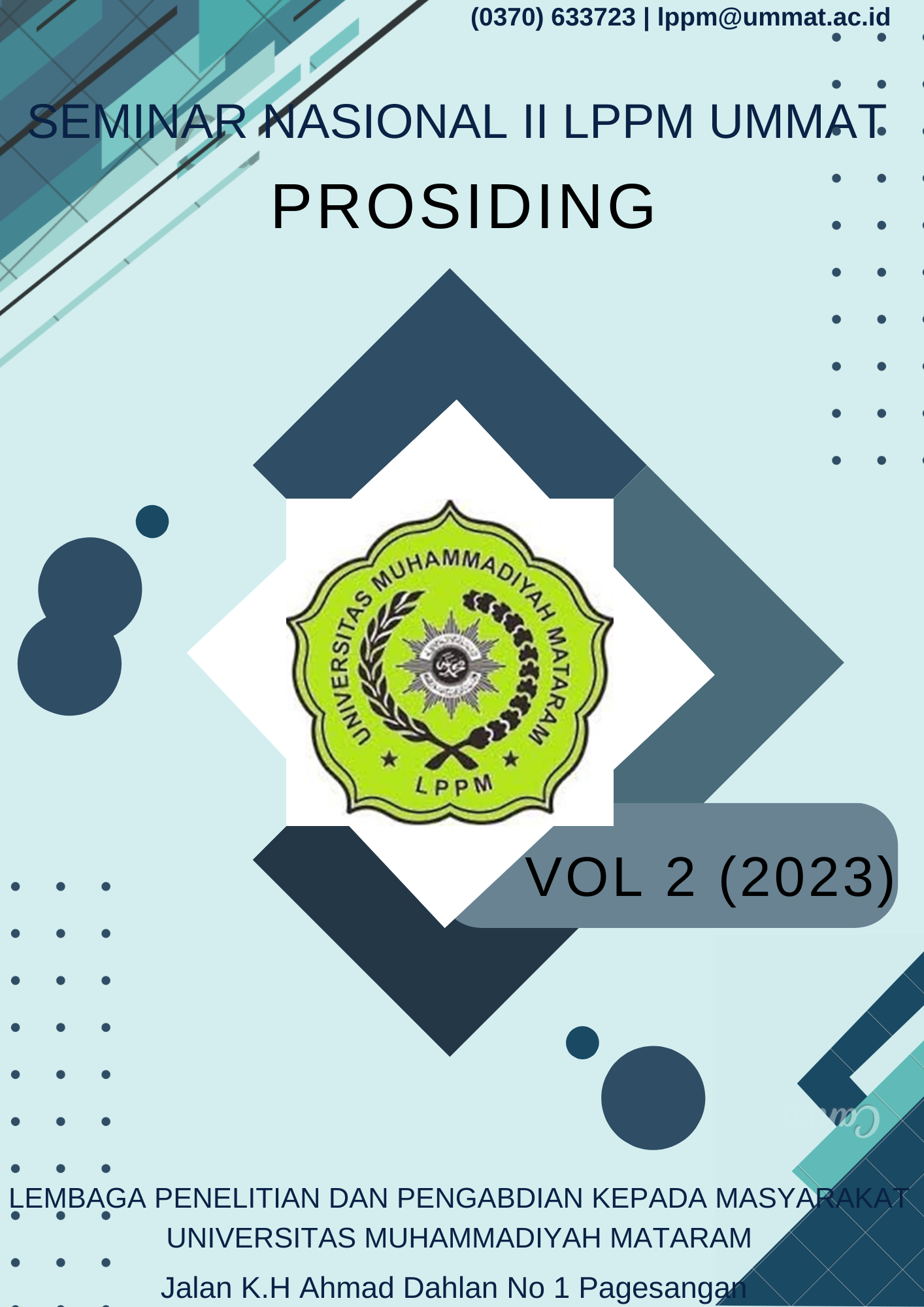Problem Based Learning on Vocational School Student’s through Online learning in The Covid-19 Pandemic
Keywords:
ProblemBased Learning, Online learning, Vocational StudentsAbstract
The purpose of this study is to discover the effectiveness and the motivation on the implantation of problem-based learning method during the pandemic covid outbreak of the teachers at school. Our finding revealed that, the online learning, mitigate some consequences even the implementation is easier. In fact, that teaching mode should be shifted to online teaching, teacher’s feel that the traditional learning is quite effective and motivated.  One reason they rated their online learning effective during the COVID-19 pandemic is that their ability to adapt to a new culture of online instruction, which supported by school infrastructure well which then contribute to their motivation in teaching. Therefore, the findings imply that an appropriate online instructional design for online learning must be prepared more comprehensively.References
Albet Maydiantoro, Een Yayah Haenilah, Hasan Hariri, Rangga Firdaus, Widya Hestiningtyas, Gede Eka Putrawan, and Bambang Riadi. (2022). Teacher‟s Perspective on the Effectiveness of Online Learning during the COVID-19 Pandemic. International Journal of Information and Education Technology, Vol. 12, No. 9, September 2022. http://www.ijiet.org/vol12/1709-IJIET-4211.pdf.
Bell, S. (2010). Project-based learning for the 21st century: Skills for the future. Clearing House, 83(2), 39- 43.doi.org/10.1080/00098650903505415.
Deci, E., & Ryan, R. (1985). Intrinsic motivation and self-determination in human behavior. New York: Plenum.
Edwards G & Fisher R J (1995). Effective and ineffective secondary schools in Zimbabwe: A preliminary study. International Studies in Educational Administration, 23:27-37. http://www.cceam.org/index.php?id=6
F. Martin and D. U. Bolliger. (2018), “Engagement matters: Student perceptions on the importance of engagement strategies in the online learning environment,†Online Learning, vol. 22, no. 1, pp. 205-222.
Haslam, C. R., Madsen, S., & Nielsen, J. A. (2020). Crisis-driven digital transformation—examining the online university triggered by COVID-19. In Proceedings of the ISPIM Conference.
Pangondian R. A., Paulus Insap Santosa, and Eko Nugroho. (2019). “Faktor - Faktor Yang Mempengaruhi Kesuksesan Pembelajaran Daring Dalam Revolusi Industri 4.0.†Seminar Nasional Teknologi Komputer & Sains (SAINTEKS) 1(1):56–60.
Legotlo, M. W., Maaga, M. P., & Sebego, M. G. (2002). Perceptions of stakeholders on causes of poor performance in Grade 12 in a province in South Africa. South African Journal of Education, 22(2), 113-118. Retrieved from http://www.sajournalofeducation.co.za/index.php/saje
Melfianora. (2019). Penulisan Karya Tulis Ilmiah dengan Studi Literatur. Open Science Framework, 1–3. osf.io/efmc2.
O. Viberg and Å. Grönlund. (2019), “Understanding students‟ learning practices: Challenges for design and integration of mobile technology into distance education,†Learning, Media and Technology, vol. 42, no. 3, pp. 357-377.
Ogula and Onsongo (2009), Handbook on Teaching and Learning in Higher Education. CUEA Press, Nairobi
S. T. Cook, (2016)“Understanding college students‟ lived experiences in a diverse blended model class,†Ph.D. dissertation, Keiser University.
Subandi. (2011). Deskripsi Kualitatif Sebagai Satu Metode Dalam Penelitian Pertunjukan. Harmonia - Journal of Arts Research and Education, 11(2), 173–179. https://doi.org/10.15294/harmonia.v11i2. 2210
Selim, H.M (2007) Critical success factors for e-learning acceptance: Confirmatory factor models. Computers & Education, 49(2), 396–413.
J. Gillett-Swan.(2017), “The challenges of online learning: Supporting and engaging the isolated learner,†Journal of Learning Design, vol. 10, no. 1, pp. 20-30.
Van der Berg, S., Taylor, S., Gustafsson, M., Spaull, N., & Armstrong, P. (2011). Improving education quality in South Africa. Pretoria: Report for the National Planning Commission. Retrieved from http://resep.sun.ac.za/wp-content/uploads/2012/10/2011-Report-for-NPC.pdf
World Bank Group. (2020). Three principles to support teacher effectiveness during covid-19. [Online]. Available: https://openknowledge.worldbank.org/handle/10986/33775.
Downloads
Published
Issue
Section
License

This work is licensed under a Creative Commons Attribution-ShareAlike 4.0 International License.

